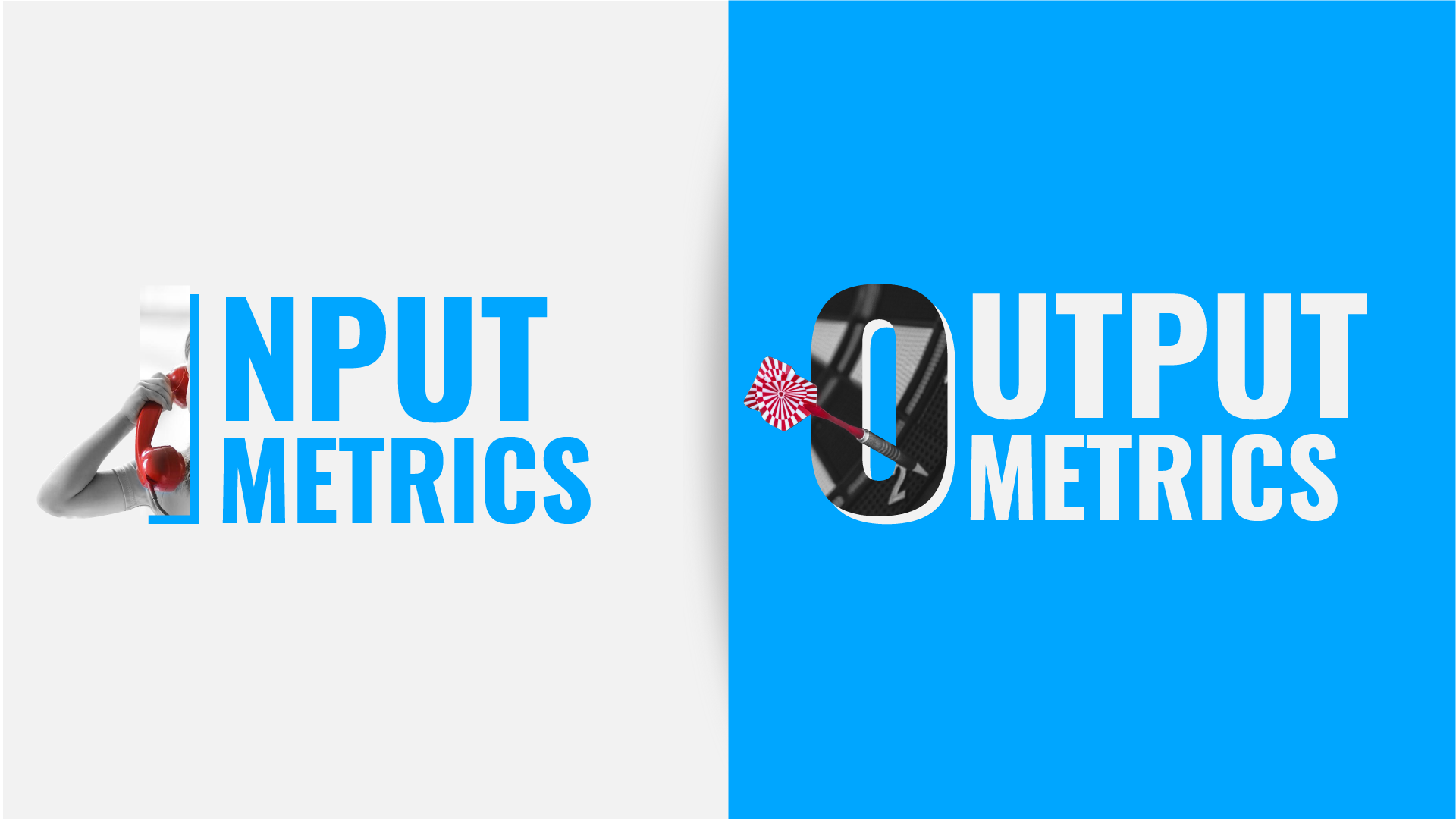Technology has been changing the world
May 6th, 2010 has been dubbed the flash crash for several reasons. As technology increases, the amount of exchanged commodities and services increases. However, there comes a cost to a shrunken view of the world’s exchange of services, particularly in the financial sector.
It’s hard to believe that automated computer systems buy and sell stock on Wall Street. Supporters of this technology have previously argued that computers are free from error, compared to its counterpart human.
As we have seen though, this is not always the case; an “unknown glitch” in these automated trading systems created the biggest dip in the exchange in a year. Procter and Gamble went from being traded at $60 per share to $40 per share within a few seconds, helping trigger the 900-point sell-off. What could have created this 20-minute fluctuation in the stock market is unknown. Speculators conclude the Greek debt crisis or the Eurozone Crisis may have a direct correlation to the US “flash crash.”
Technology has helped us in more ways that we have ever imagined. Businesses have become transnational, can communicate in mere seconds, and have expanded its services to help every type of consumer. But, with technology advancing at an exponential pace, it seems as though the world is getting smaller and businesses bigger. As many try to fight off the technology wave, they are consumed by it.
Technology is the way of the future, and these minute incidences may be a side effect the world will have to deal with. It’s a give and takes situation.


